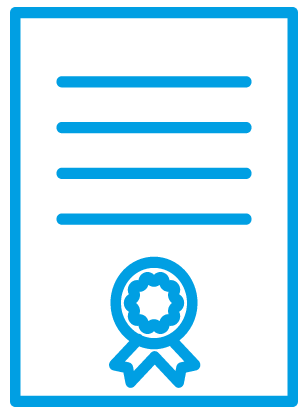 The Manchester Triage System (MTS) is a series of clinical risk management tools used by clinicians worldwide to enable them to safely manage patient flow when clinical need far exceeds capacity. The following clinical risk management tools are available:
The Manchester Triage System (MTS) is a series of clinical risk management tools used by clinicians worldwide to enable them to safely manage patient flow when clinical need far exceeds capacity. The following clinical risk management tools are available:
- Emergency Triage:
Emergency Departments and Ambulance Services
- Telephone Triage
and Advice: Urgent and Emergency Care
- Prehospital Pathfinder: Ambulance Services
A formal governance structure for MTS ensures that training, audit and
robust ongoing review is carried out routinely so that the tools stay safe,
up-to-date and relevant to current practice.
The MTS tools are licenced to recognise the ownership of the
intellectual property of MTS content and also to provide ongoing funding for the
governance processes. The licencing
agreement also provides a formal connection between the MTS and its end-users
ensuring that end-users receive the correct training, engage in audit and are
fully aware when updates are required.
The licencing
process for MTS content is managed by Wiley on behalf of the Advanced Life
Support Group and the Manchester Triage Group.
The first
step is to register via our online portal to ensure
that you understand the governance processes in terms of training, audit and
licencing.
We have licencing options for:
- Software developers
pre-populating with MTS content
- Software developers providing the
framework for MTS but not pre-populating with MTS content
- Web-app developers pre-populating
with MTS content
- End-users who purchase software
pre-populated with MTS content
- End-users who purchase software
with a framework but no MTS content embedded and then embed the MTS content
in-house
- End-users who develop software
in-house and integrate MTS content
- End-users who use paper-based
systems to implement MTS content
The online portal is currently in beta format and if you have any
feedback on its use, please email manchestertriage@alsg.org. The portal explains the rights
and obligations of each option and the approach to and cost of licencing. Click here to start the process.
For end-users, one of the obligations is with
regard to training and for Emergency Triage, Telephone Triage
and Pathfinder an organisation is recognised as a Manchester Triage
provider if it has instructors who have undertaken training with the Manchester
Triage Group or with one of our International Reference Groups (see details under ‘UK centres – instructor training’ and ‘non-UK centres – instructor training’ below)
Licencing the use of MTS Risk Management Tools
In recognition of
the importance of safe decision-making in other settings, the Manchester Triage
System (MTS) has been adapted with a Community Triage Tool (CoTT) for use in the following:
- Residential Care Homes
- Community based service
- First responder
organisations
- Community
assessment services
- Carers in the community
The principles of the Manchester
Triage System are still followed with the use of the reductive methodology,
however rather than choosing between 53 MTS presentational charts, these tools
comprise just one chart.
The MTS discriminators have been amended to question prompts to enable both clinical and non-clinical staff to use them. Using these tools does not require a clinical
decision to be made, rather it asks the person making the assessment to make
their way through a list of presenting symptoms and, where the patient displays
any of the symptoms on the list, the disposition may be followed to ensure the most appropriate patient outcome.
Outcomes can be tailored to the
availability of services in your area.
If you are interested in setting up any of these
tools in a country, region or individual organisation, then the first
step is to register via our online
portal to ensure that you understand the
governance processes in terms of training, audit and licencing.
Non-UK centres - book translation rights
 For Emergency Triage and Telephone Triage only - if you are interested in translating the book for
use on local courses, please contact translationrights@wiley.com,
who will be able to check whether there is already a translation in your
language in the first instance.
For Emergency Triage and Telephone Triage only - if you are interested in translating the book for
use on local courses, please contact translationrights@wiley.com,
who will be able to check whether there is already a translation in your
language in the first instance.
We prefer to license to local publishers to ensure
that all translations are published on a proper legal footing and receive all
due commercial support.
If you already have contacts with local publishers, we suggest you approach
them in the first instance to find out if they might be interested in
publishing a translation. If so, they would then need to contact Wiley at
the email address above.
We would ask that no translation work start before
an Agreement is signed between Wiley and your selected local publisher.

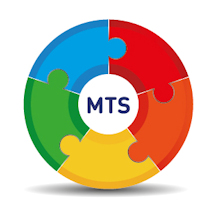
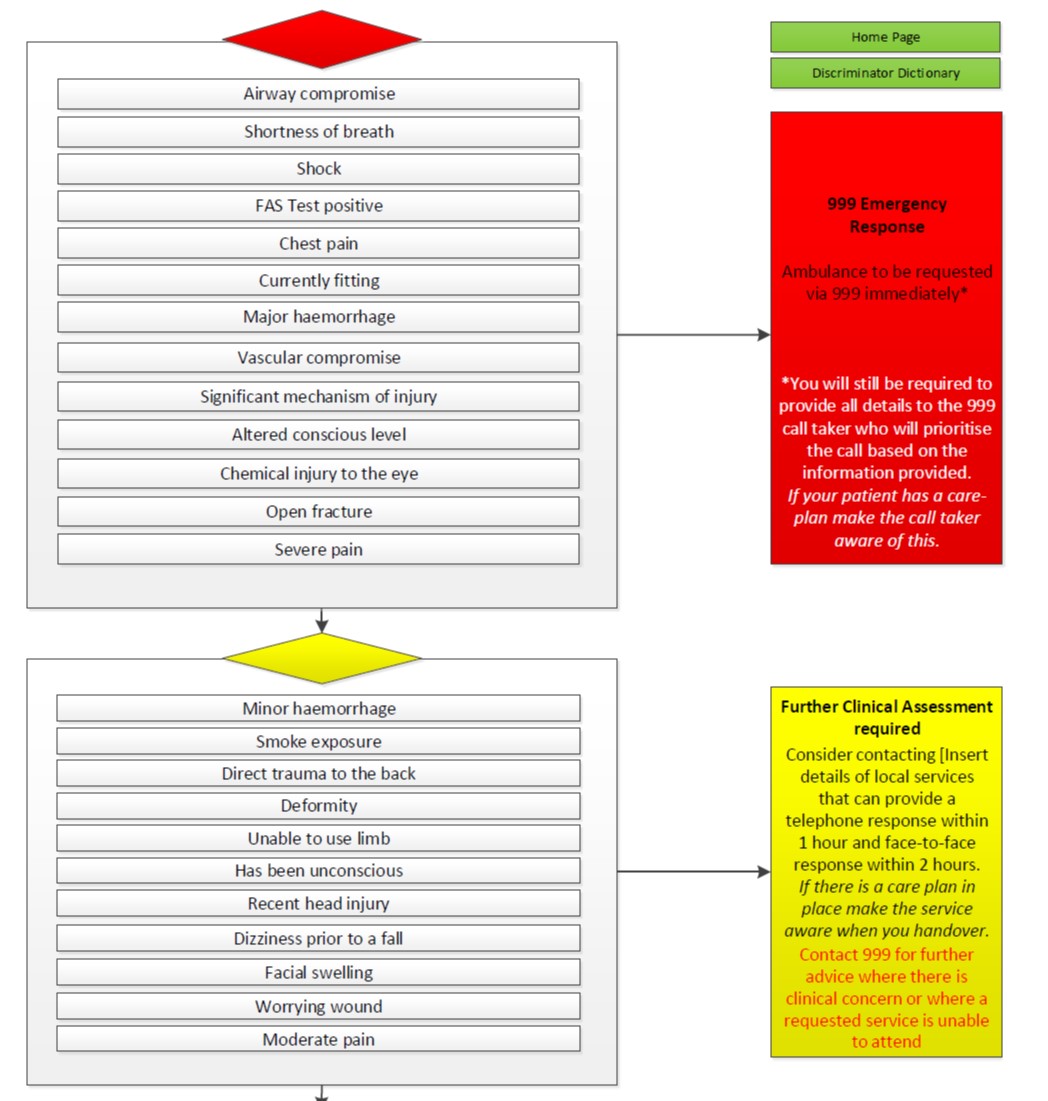


 The Manchester Triage System (MTS) is a series of clinical risk management tools used by clinicians worldwide to enable them to safely manage patient flow when clinical need far exceeds capacity. The following clinical risk management tools are available:
The Manchester Triage System (MTS) is a series of clinical risk management tools used by clinicians worldwide to enable them to safely manage patient flow when clinical need far exceeds capacity. The following clinical risk management tools are available: For Emergency Triage and Telephone Triage only - if you are interested in translating the book for
use on local courses, please contact
For Emergency Triage and Telephone Triage only - if you are interested in translating the book for
use on local courses, please contact 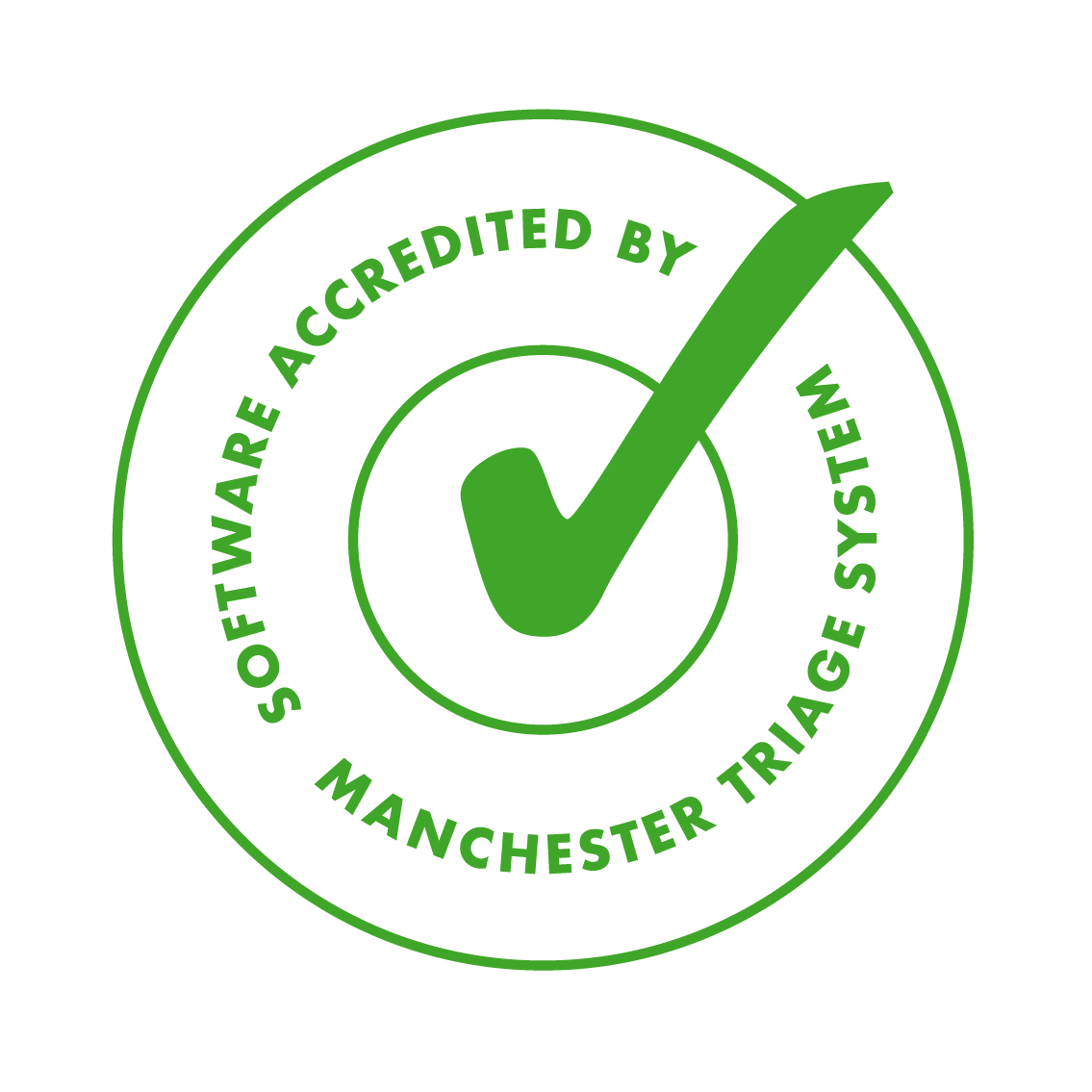 MTS Accreditation status will be awarded to a
MTS Accreditation status will be awarded to a 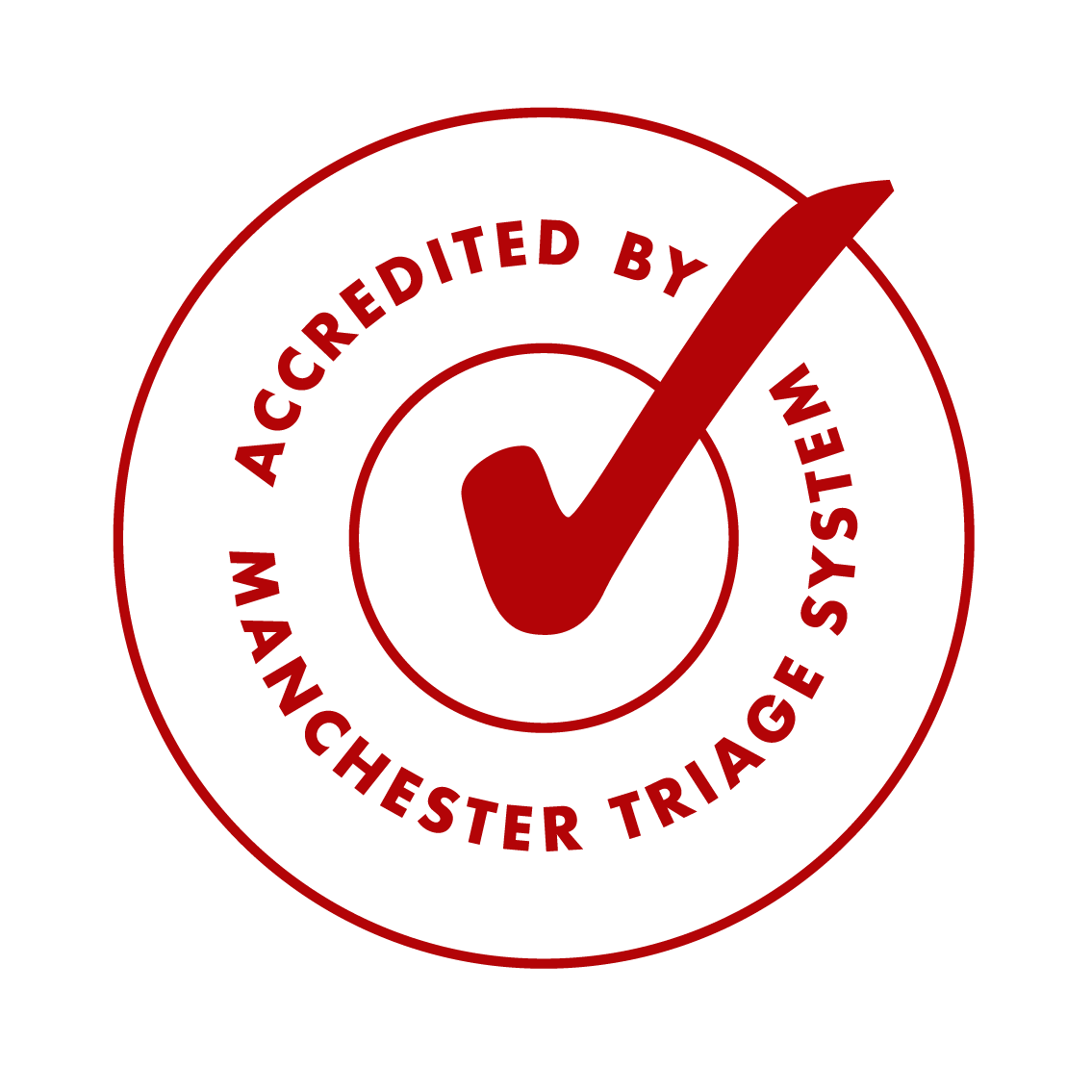 MTS Accreditation status will be awarded to an
MTS Accreditation status will be awarded to an  Audit is a key requirement for Organisations who implement Manchester Triage Tools. The standard for audit will be agreed with individual Organisations to take into account both safety and service demand.
Audit is a key requirement for Organisations who implement Manchester Triage Tools. The standard for audit will be agreed with individual Organisations to take into account both safety and service demand. 
 If you have any concerns about any of the discriminators and wish to report this issue to the Manchester Triage Advisory Groups, then please
If you have any concerns about any of the discriminators and wish to report this issue to the Manchester Triage Advisory Groups, then please 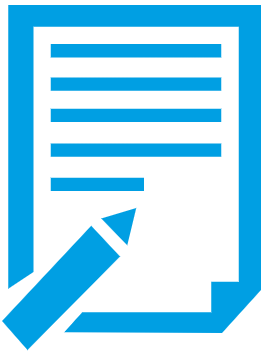 The Manchester Triage Group (MTG) support for editions of the Community Triage Tool (CoTT) is detailed below.
The Manchester Triage Group (MTG) support for editions of the Community Triage Tool (CoTT) is detailed below.